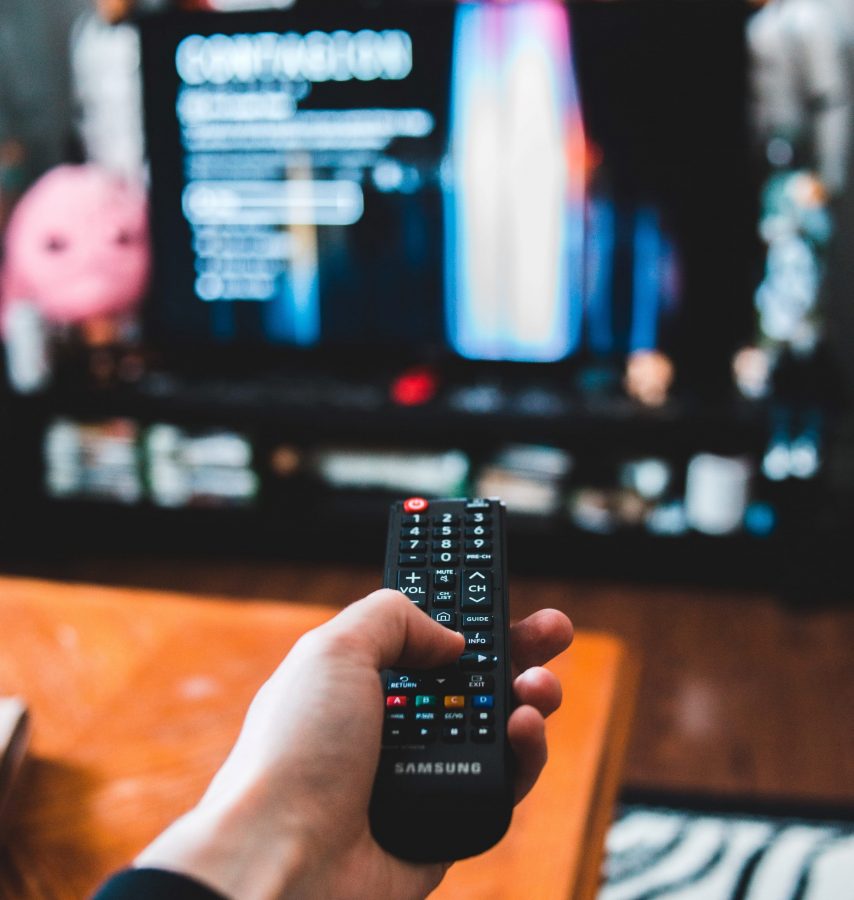I have found I don’t know where an apocryphal version of Salm 22, which I have translated and completed thus:
“The television is my shepherd, I shall not want;
on comfortable couches it makes me rest
and purr like a cat.
It takes me to green football fields
and, with soap operas of intrigues and betrayals,
He devastates my spirit.
Though there is much to do,
I will not allow interruption,
because the television is with me
and the remote, always in my hand,
fills me with power and confidence.
It anoints my head with pornography,
violence and consumerism:
My instincts overflow.
Softness and ignorance accompany me
every day of my life.
Without calling my family and friends,
I will spend hours and hours
alienated and brutalised.
I later learned that Bill Hepler, a policeman in Long Beach, USA, found another version of the same psalm, made by a woman in her twenties and applied to heroin: “Heroin is my shepherdess…. To polluted pastures she leads me and destroys my life. I shall wander in a valley of darkness and fear all evils….. It takes the bread from my family table, it quenches my reason and the cup of my sorrow is full to be poured out…. I shall dwell in the house of horrors for endless days”.
The truth is that the number of tele-dependents – like drug addicts – is steadily increasing. We are facing a real tele-invasion.
And it is not always the young people of the “sublunar culture”, who are more friends of electricity than of the sun, who are the most addicted.
From the abuse of the magic box come serious evils. The first is that people composed of “television, trunk and limbs” stop thinking, stop spending games. The television set sucks the brain, the eyes take their intelligence by storm, homo sapiens is suffocated by homo videns.
We know that a picture is worth a thousand words. Indeed, the image has the capacity to expand, to impress itself with such a strong realism that it suggests and produces ways of being and acting that are not always the most correct.
Those who allow themselves to be colonised by the excessive cult of the image or dominated by the command, which is “the adult’s dummy”, become passive, dull, uncritical in the face of television trash, brutality, intrigue, amoral posturing, quizzes without cultural content and unenlightening debates. Too many images and not enough consistency, too much information and not enough ability to make a synthesis, scatter, leaving the tele-dependent without a personal centre of gravity to nourish and guide his or her life.
And – and here lies the second plague – time that should be spent more usefully is wasted. To reflect and study, for example. Whoever does not reflect becomes a wasteland swept by all the most diverse fashions, conformisms, ideologies and interests. And those who do not reflect and study cannot understand the great questions that are debated in our time, nor can they find the right ways to guide their own lives and become free and constructive citizens.
A tele-dependent person does not know how to communicate or live together. Do you remember the child who wanted to be a television set for his parents to watch?
And this is precisely the third evil: the powerful media becomes an obstacle to communication. Television and the Internet cut off the dialogue between husband and wife, between parents and children, they prevent the sharing of ideas and experiences. No living, intimate, profound, warm, dignified relationship is possible with people who allow themselves to be enslaved by these media. From so much looking, they end up seeing nothing; from so much listening, they end up hearing nothing.
… But I have only spoken of tele-vice, tele-violence, tele-dishonesty … forgive me. I should have started with a hymn to the genius discoveries of mankind and by stressing that we must learn to use the wonders of communication critically and creatively. This, however, you already know.
Abílio Pina Ribeiro, cmf
(PHOTO: Erik Mclean)






